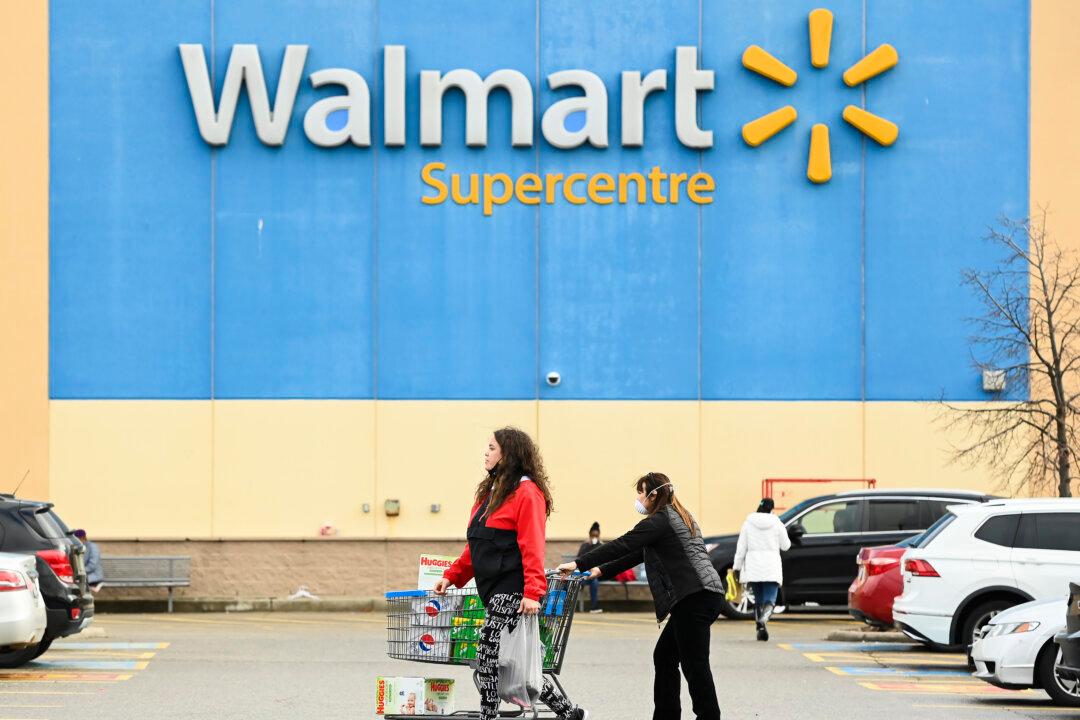All the major Canadian grocers are now on board for a grocery code of conduct, paving the way for industry guidelines that have been several years in the making.
The federal, provincial and territorial agriculture ministers made the announcement on July 18 during their annual meeting in Whitehorse, saying the remaining holdouts Walmart and Costco have now agreed to sign on to the code.





